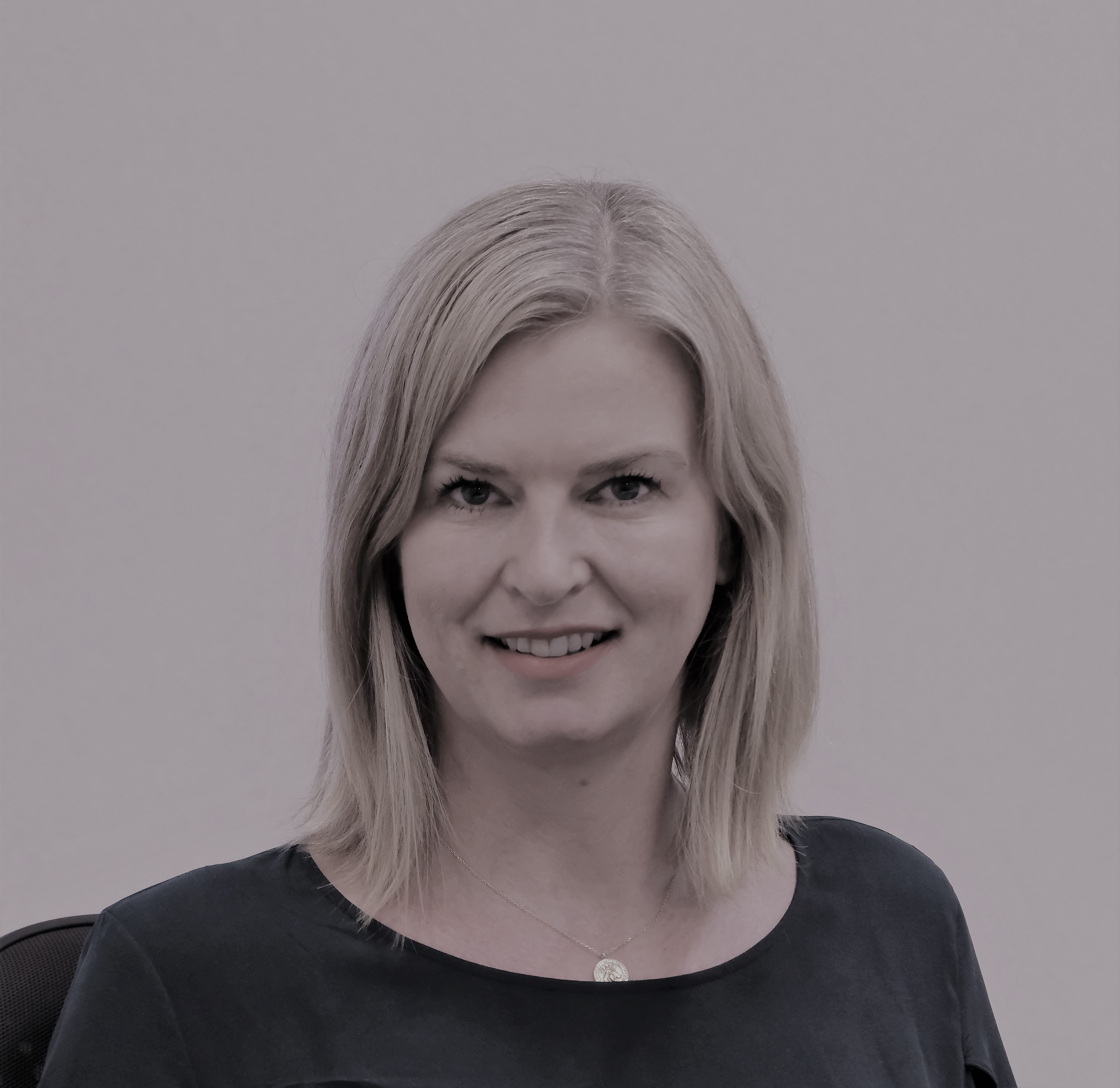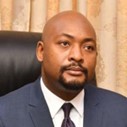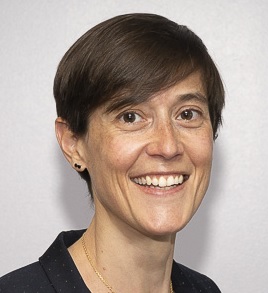Tuesday, Apr 16, 2024 | 12:00 PM - 12:30 PM
Location: Cedar Hall, HQ1-1-660
.png)
OVERVIEW
This 30-minute talk will focus on technical advice on how to remove broad-based energy subsidies to enhance both efficiency and equity and accelerate the transition to a low-carbon economy. Eliminating energy subsidies remains one of the most politically challenging reforms to undertake. The journey is fraught with challenges, primarily due to the subsidies’ wide-reaching implications across all segments of the population and the involvement of influential actors with vested interests. Several countries in Europe (North Macedonia), Latin America (Suriname) and Africa (the Gambia, Central African Republic, Chad, Democratic Republic of Congo, Benin) have recently worked with the IMF on implementing energy subsidy reforms. This event will shed light on some of the key challenges they faced and lessons learnt for other countries, and dive into the specific case of the Central African Republic.
VIDEO
![]() Click here for the photos
Click here for the photos
SPEAKERS
  |
||
Camilla Holmemo Manager, Social Protection and Jobs, West and Central Africa, World Bank |
||
Camilla Holmemo is Manager for Social Protection and Jobs in West and Central Africa, leading the Bank’s engagement on social protection and jobs in Nigeria, Ghana, Sierra Leone, Liberia, Cameroon, Gabon, Republic of Congo, Central African Republic and Equatorial Guinea. Prior to this, she was the World Bank’s Practice Leader for Human Development in India, where she coordinated and led the World Bank’s largest human development work program on health, education and social protection in the world, and the Human Development Practice Leader for Indonesia and Timor Leste, based in Jakarta. She has held leadership positions in strategic, policy and operational work on social protection and human development based in Addis Ababa, Manila, Jakarta, Bangkok and Washington, DC and worked in a number of countries in Africa and South and East Asia. Camilla holds an M.A in International Economics from Johns Hopkins University, School of Advanced International Studies and a B.A. in Economics and Russian from the University of Oslo, Norway.
 |
||
Hervé Ndoba Minister of Finance and Budget, Central African Republic |
||
Hervé Ndoba has been Minister of Finance and Budget since June 2021. Before his current position, Mr. Ndoba had an international career in the private sector. In 2013, he served as chief administrative and financial officer for a port towing conglomerate in Côte d’Ivoire, where he engineered and implemented the consolidation of the group’s subsidiaries in sub-Saharan Africa. While he worked as director of finance and management control of a construction and public works company in 2008, he set up a consulting firm in Abidjan, Côte d’Ivoire. Prior to that, he was a freelancer in finance and organizational auditing. He holds an executive master’s degree in Financial Engineering.
 |
||
Delphine Prady Senior Economist, Fiscal Affairs Department, IMF |
||
Delphine Prady joined the IMF in 2016. She is a senior economist in the Fiscal Affairs Department, working on expenditure policy issues and leading missions on social spending, energy subsidies and the SDGs. Between 2021 and 2022, Delphine took a leave from the IMF to work as Deputy Chief of Staff of the President of the Lyon Metropolitan Area—the second largest local government in France with a 3.6-billion-euro annual budget for 59 communalities. She led a team of 12 advisors overseeing the delivery of critical public services including social housing, social assistance, and active labor market policies. Prior to joining the IMF, she worked in the French Treasury (2010-2012); she then was an advisor to Social Affairs and Labor Ministers in France, and to the French President (2012-2016). She is a graduate from Ecole Normale Superieure in Cachan (France) and holds a doctorate from the Toulouse School of Economics (France).
Master of ceremony
|
||
Franck Bousquet Deputy Director, Institute for Capacity Development, IMF |
||